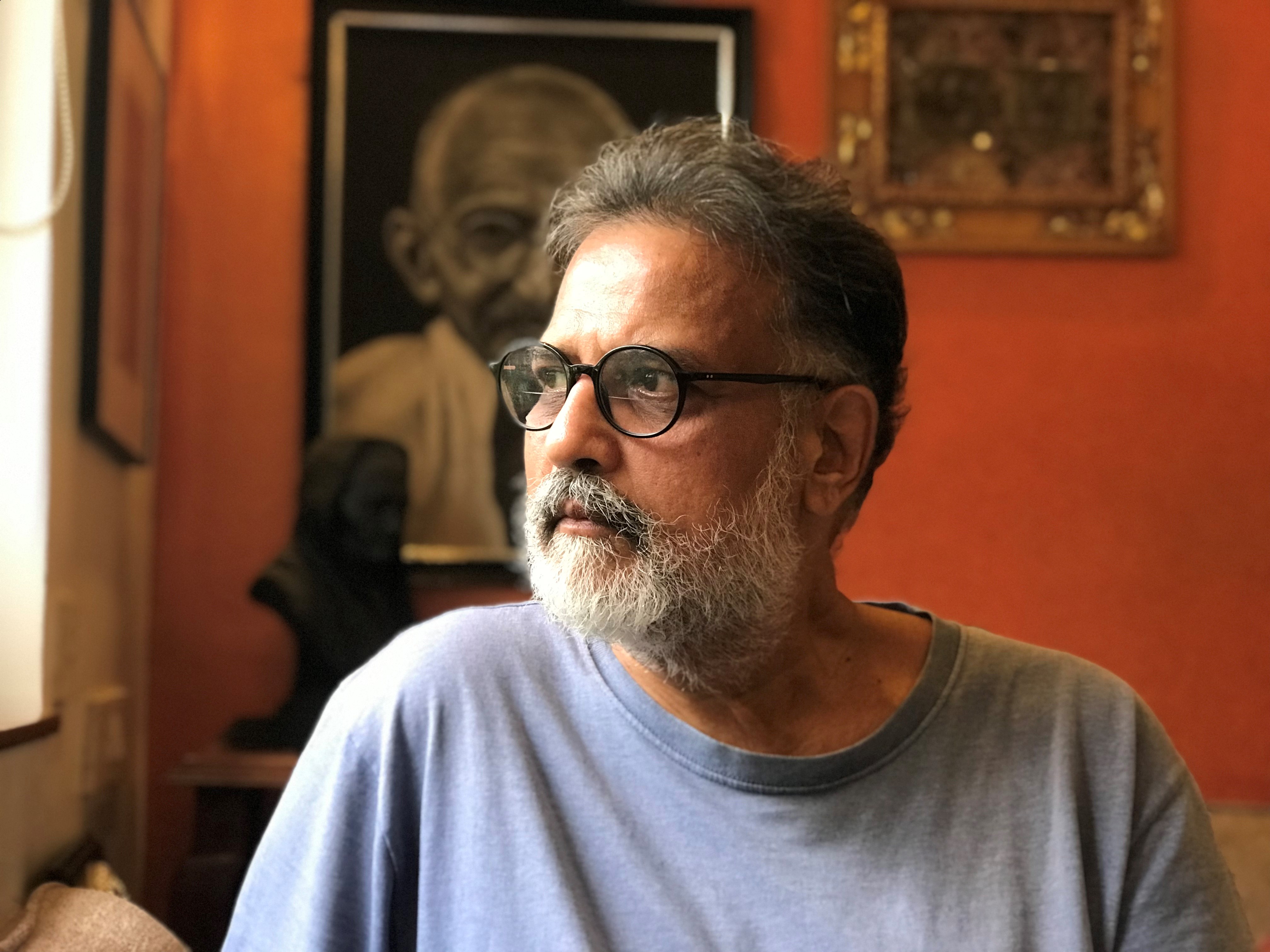Her face was peaceful against the tumult of the nation, India was then under British rule. It was about sacrifice, for herself and the nation.
Prayers at 4 o’clock. Verses from the Gita. Morning rituals. At 5.30, gave food to Bapuji. Then I bathed. Drank coffee. Went with Bapuji for a walk. Came back and read the Gita. At 8.30 went to cook vegetables for Bapuji. He ate at 10. We ate at 11 o’clock. Then slept. Then spun 200 strands.
Kasturba Gandhi wrote this in her diary on 4 September 1933. She was an outstanding woman.
I distinctly remember a comic book on Kasturba which I had gathered during my school days. It had many short stories, including one where Kasturba, the humble wife of a husband who occupied the entire imagination of India, missed her evening prayers to the Sun. On being told the Sun has already set, Kasturba calmly told her sons: “Maybe gods don’t want me to eat my evening meal.”
Her face was peaceful against the tumult of the nation, India was then under British rule. It was about sacrifice, for herself and the nation. The Lost Diary of Kastur, My Ba, the annotated diary of Kasturba Gandhi covering nine months from 1932 to 1933 carries similar reflections. It was around the time when Kasturba and her husband were mostly separated due to prison terms, post-Salt Satyagraha work. Mahatma Gandhi had vowed that he and Kasturba would not set foot in the Sabarmati Ashram, their home, until India was free from British rule.
The book, published by HarperCollins, is a fascinating tale about a woman who was unschooled but had picked up reading and writing in Gujarati during her years (1917-1930) at the Sabarmati Ashram from fellow volunteers. She would often read newspapers after her prayers, her English was honed by Millie Polak and her husband, who were companions of the Gandhis in community living in South Africa.
What is interesting is that the diary—it was in very bad shape—was discovered from a nondescript loft in a room locked for more than a decade in Kasturba Gandhi National Memorial Trust in Indore, Madhya Pradesh. The home and the trust were created by Mahatma Gandhi two years before India gained Independence and a year after Kasturba’s death. The idea was to shape the careers of rural women. Her grandson Tushar Gandhi worked through the diary and the near illegible sentences and eventually produced the book. Kasturba was not known for keeping notes but Tushar was quoted by a newspaper as saying Kasturba did because she wanted to keep record of her works, she wanted to give her husband a full report when they would meet. Tushar is son of Mahatma Gandhi’s grandson Arun, who is the son of Sushila and Manilal, considered as a very obedient son of Mahatma Gandhi.
There are anecdotes, anecdotes and anecdotes in the revelatory book, which was originally written in the colloquial, spoken dialect of Kathiyavad. Kasturba writes about the marriage of her youngest son Devdas to Lakshmi, the daughter of C. Rajagopalachari, her own prison sentence and those of her children. She wrote about the Swadeshi movement, and also the anti-liquor movements during her time at the Sabarmati Ashram. The book opens up many unknown chapters of her life, Gandhi scholars have always maintained that Kasturba remained overshadowed by the towering presence of her husband.

Author: Tushar Gandhi
Publisher: HarperCollins India
But then, the book explains why Kasturba was not an insignificant, unnoticed person who had to be listened to but ignored. Kasturba did not seek any special favours from her husband, who often admitted that Kasturba was a great influence in his life and how she shaped him as an individual and a leader.
The book shows the real Kasturba, it has a day-to-day account
In many ways, the book displays Kasturba’s rustic wisdom, remarkable simplicity and voluntary invisibility. The book is all about a remarkable woman in search of her distinctive identity and creative articulation. The relationship between Kasturba and Mohandas is dialectically symmetrical—love and trust amid pain and struggle. Kasturba, claim historians, played an important role in making Gandhi eternal. She was an embodiment of simplicity and compassion.
Kasturba died on the evening of 22 February 1944 at the Agakhan Palace Detention Camp on Bapu’s lap and was cremated in the compound of the Detention Camp on 23 February 1944. Mahatma Gandhi sat watching the funeral pyre till it was all over. Someone wanted him to leave and take some rest. Gandhi said: “This is the final parting, the end of 62 years of shared life. Let me stay here till the cremation is over.” And it was in the very evening, after the prayers, Mahatma Gandhi remarked: “I cannot imagine life without Ba.”

